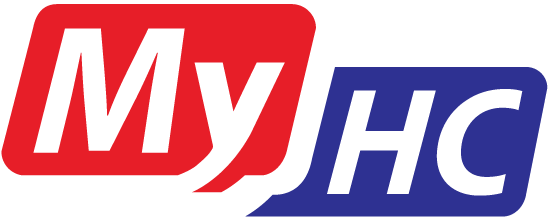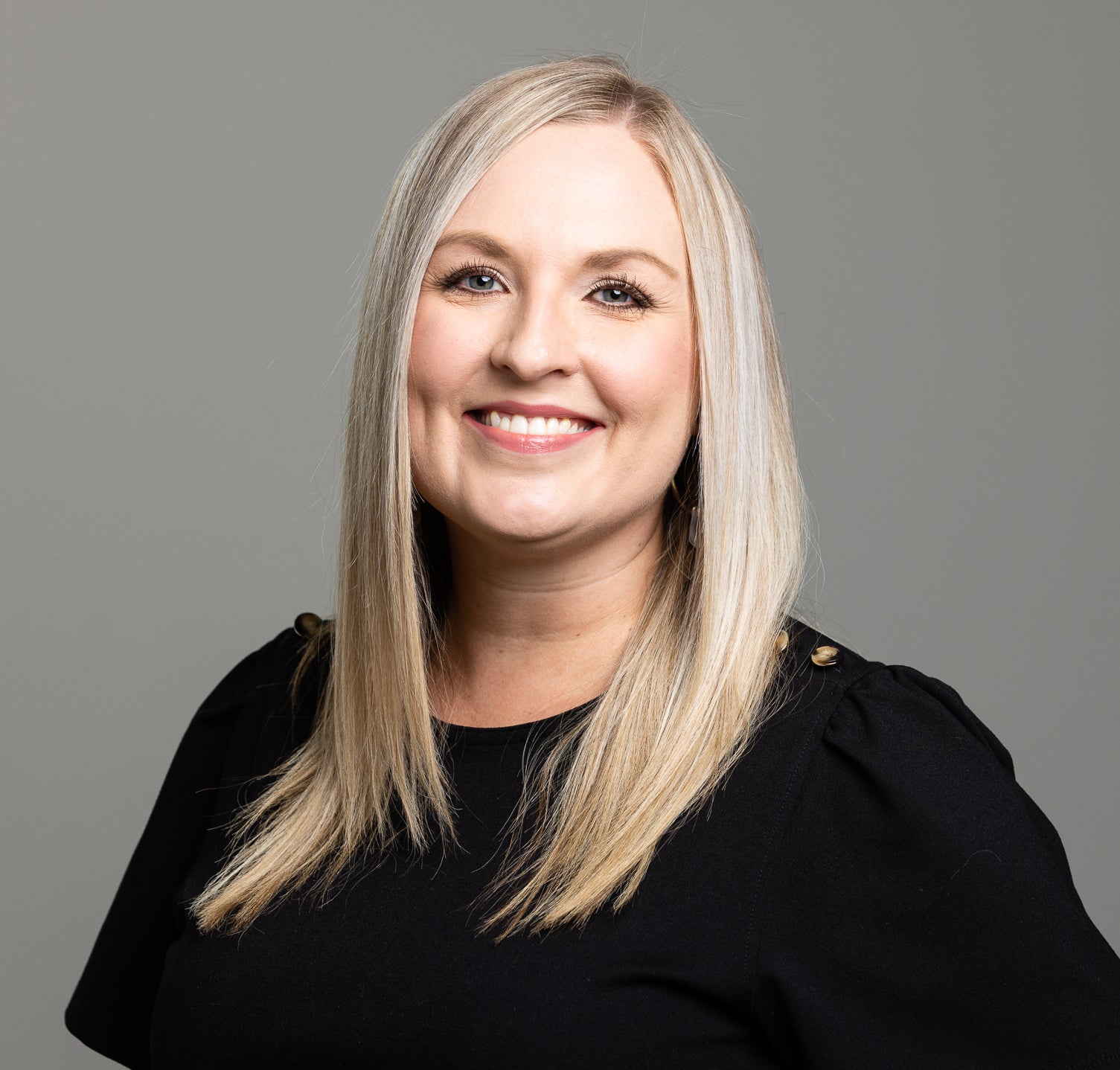Tips to save for a down payment

As you begin searching for your first home, or your third home, have you considered the amount of money you will need to make a down payment? Most likely, you will have to pay a certain amount to buy your next new home. This typically ranges anywhere from 3.5% to 20% of the purchase price. Below are some tips on saving for a down payment for a new home.
1. Figure out how much you need to save.
Every loan type has different requirements when it comes to a down payment amount, in fact, some require no down payment!
Common loan types
• Conventional loans are set by Freddie Mac and Fannie Mae. Typical down payment for a conventional loan is 10% but can lower depending on the borrower’s credit score and financial history.
• FHA loans are backed by the Federal Housing Administration and require a small down payment of 3.5%. However, this can change depend on the borrower’s credit score.
• VA loans are backed by the Department of Veterans Affairs. These loans allow borrowers to skip down payments but are limited to those who currently or formerly served for the U.S. military.
• USDA – these loans are backed by the U.S. Department of Agriculture and typically do not require a down payment. However, there are restrictions to this loan type, such as area desired and income.
2. Save money!
• Set up an automatic transfer from your checking to your savings account. Putting in a small amount from your paycheck can add up quickly!
• Save extra money! Instead of spending your tax refund on something new, put it into your savings towards a new home!
• Do not put these savings into your checking account! You want your savings to grow, so we suggest to place it in other accounts such as: high-yield savings accounts, money market accounts, certificates of deposits (CDs).
3. Resist taking money out of other accounts
• IRA accounts – first time homebuyers are allowed to withdraw up to $10,000 from their IRA, however, this is not recommended because you will have to pay the income tax on the withdrawal.
• Emergency funds – Money that you set aside for emergencies should remain for such needs. If you need it, consider using it for repairs or to cover an appraisal gap – not towards your down payment.
• 401K – You can withdraw some money from your 401K without penalty under the hardship withdrawal exemption – buying a house counts towards immediate financial need – however it is risky to take a loan from your 401K. If you were to lose your job, you will have to repay the loan by the next tax-filing deadline or it will be taxed as income.

